As nature lovers and responsible global citizens, it is important for us to understand the significance of wildlife conservation and the detrimental effects of betraying our wildlife. Our planet’s diverse ecosystems rely on the delicate balance between different species; any disruption can have severe consequences.
Importance of Wildlife Conservation
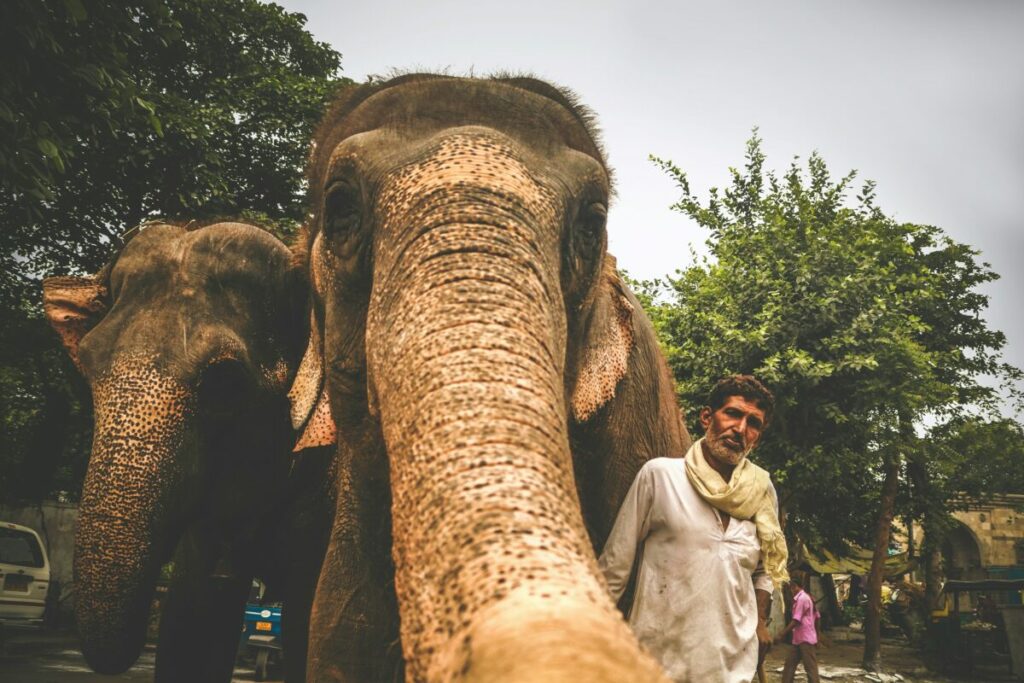
Wildlife conservation plays a crucial role in maintaining our planet’s overall health and stability. Here are some key reasons why it is important to protect our wildlife:
- Biodiversity: Wildlife represents the rich tapestry of life on Earth. Each species has a unique role in maintaining the balance of ecosystems. By conserving wildlife, we ensure the preservation of biodiversity, which is essential for the long-term survival of all species, including humans.
- Ecosystem Services: Wildlife provides numerous ecosystem services vital for human well-being. These services include pollination, seed dispersal, pest control, and nutrient cycling. Without these services, our agricultural systems, water resources, and ecological balance would be severely impacted.
- Scientific Research: Wildlife serves as a valuable source of scientific knowledge. Studying animal behavior, habitats, and ecosystems helps us gain insights into evolutionary processes, ecological interactions, and potential solutions to environmental challenges.
Betrayal of Wildlife: A Critical Issue

Unfortunately, human activities have led to a widespread betrayal of wildlife. This includes habitat destruction, illegal wildlife trade, pollution, climate change, and poaching. These actions not only harm individual species but also disrupt entire ecosystems.
The consequences of betraying wildlife are far-reaching and include:
- Loss of Biodiversity: The extinction of even a single species can have cascading effects on other organisms and disrupt entire food chains.
- Imbalance in Ecosystems: When key species are removed or their populations decline, it can lead to imbalances in ecosystems, affecting the health and functioning of natural habitats.
- Threats to Human Health: The destruction of wildlife habitats and the illegal wildlife trade increase the risk of zoonotic diseases, such as COVID-19, as well as other infectious diseases.
It is crucial that we take immediate action to protect and conserve our wildlife. This includes supporting conservation organizations, advocating for stronger laws and regulations, promoting sustainable practices, and raising awareness about the importance of wildlife conservation.
Together, we can ensure a future where wildlife thrives and our planet remains a vibrant and diverse place for generations to come.
Wildlife Betrayed
Nature of the Problem
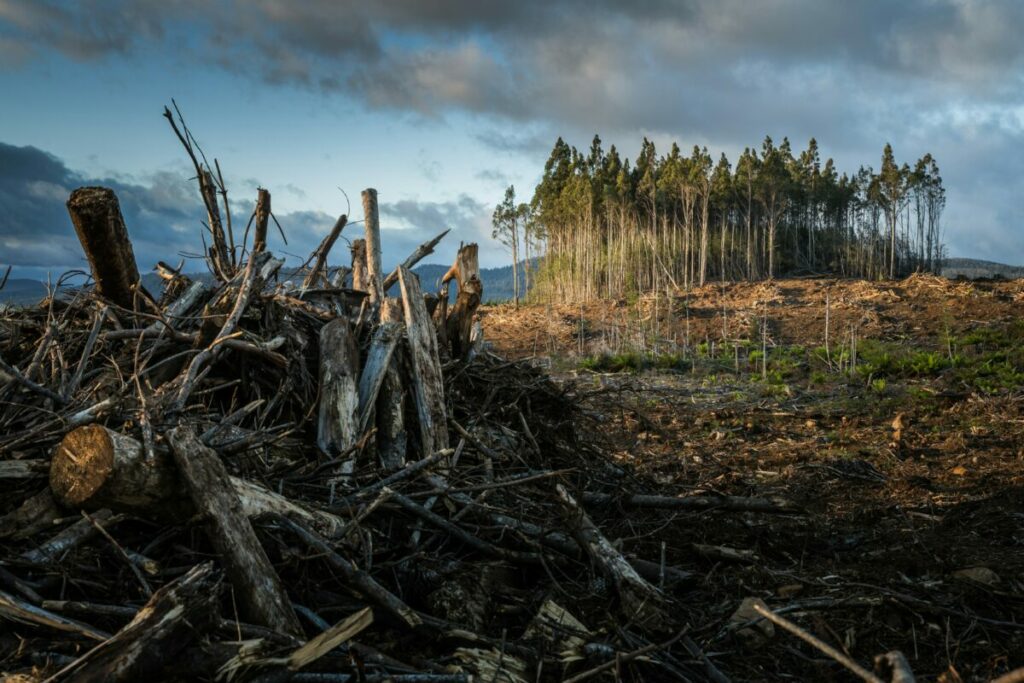
The betrayal of wildlife is a pressing issue that threatens the delicate balance of our ecosystems. It refers to the various ways in which human activities harm and exploit wildlife, often leading to their decline or extinction. From habitat destruction to illegal wildlife trade, these actions have far-reaching consequences for both the animals and the environment.
Overview of the Issue
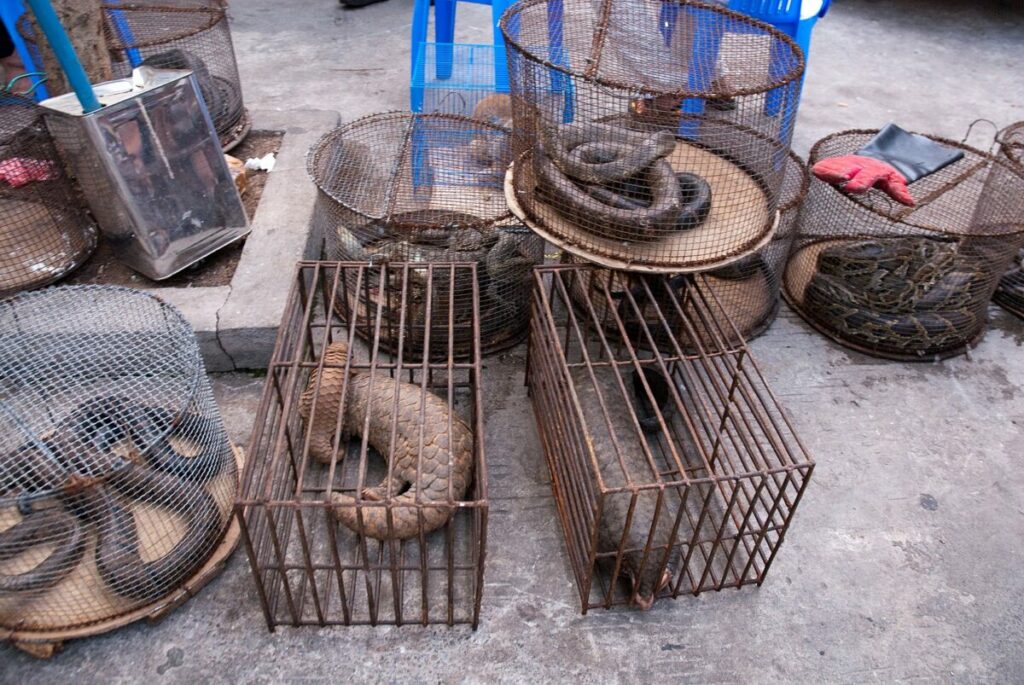
The betrayal of wildlife takes many forms. One of the most significant threats is habitat destruction, as human activities such as deforestation, urbanization, and agriculture encroach upon natural habitats. This loss of habitat disrupts ecosystems and forces wildlife to compete for limited resources, pushing them to the brink of extinction.
Another major concern is the illegal wildlife trade, which is estimated to be worth billions of dollars annually. This trade involves the poaching and trafficking of endangered species for their body parts, skins, or live specimens. Not only does this trade decimate populations, but it also fuels organized crime and threatens global biodiversity.
Climate change is also contributing to the betrayal of wildlife. Rising temperatures, changing weather patterns, and habitat loss due to melting ice caps all pose significant challenges for many species. Wildlife struggles to adapt and survive as their habitats shrink or become inhospitable.
Factors Contributing to Betrayal of Wildlife
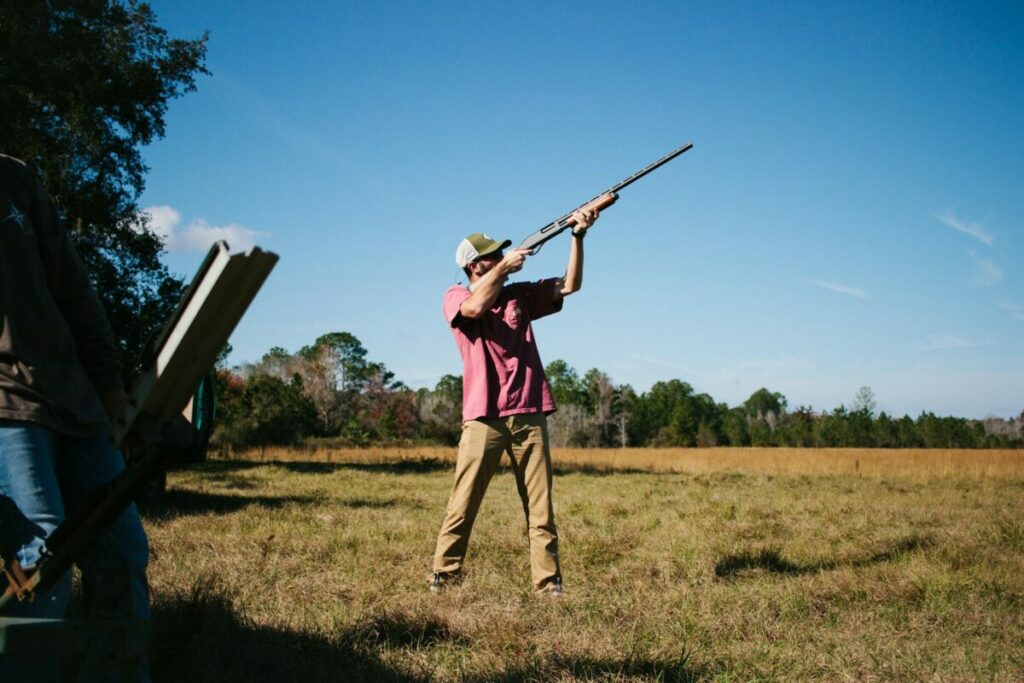
Several factors contribute to the betrayal of wildlife. Human overpopulation and unsustainable consumption patterns put immense pressure on natural resources, leading to habitat destruction and fragmentation. Lack of awareness and education about the importance of biodiversity also play a role in perpetuating harmful practices.
Furthermore, weak law enforcement and corruption enable illegal wildlife trade to thrive. Insufficient funding for conservation efforts and inadequate protection measures exacerbate the problem, making it difficult to combat this global crisis effectively.
It is crucial that we recognize the severity of the betrayal of wildlife and take immediate action to address these issues. By promoting sustainable practices, supporting conservation initiatives, and advocating for stronger laws and enforcement, we can work towards a future where wildlife is cherished and protected for generations to come.
Examples of Wildlife Betrayal
Illegal Wildlife Trade
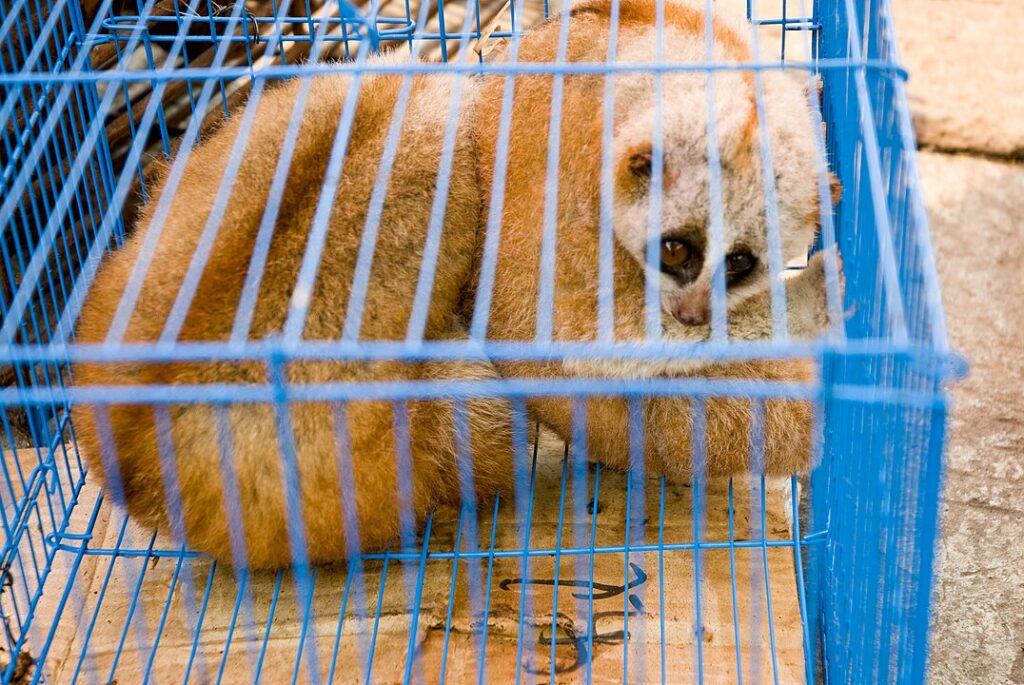
The illegal wildlife trade is a devastating form of betrayal to our planet’s wildlife. It involves the illegal buying, selling, and trading of endangered species and their parts. This multi-billion dollar industry not only threatens the survival of various species but also contributes to organized crime and corruption. From ivory and rhino horn to exotic pets and traditional medicines, the demand for these products drives the illegal trade, pushing many species closer to extinction.
Destruction of Natural Habitats
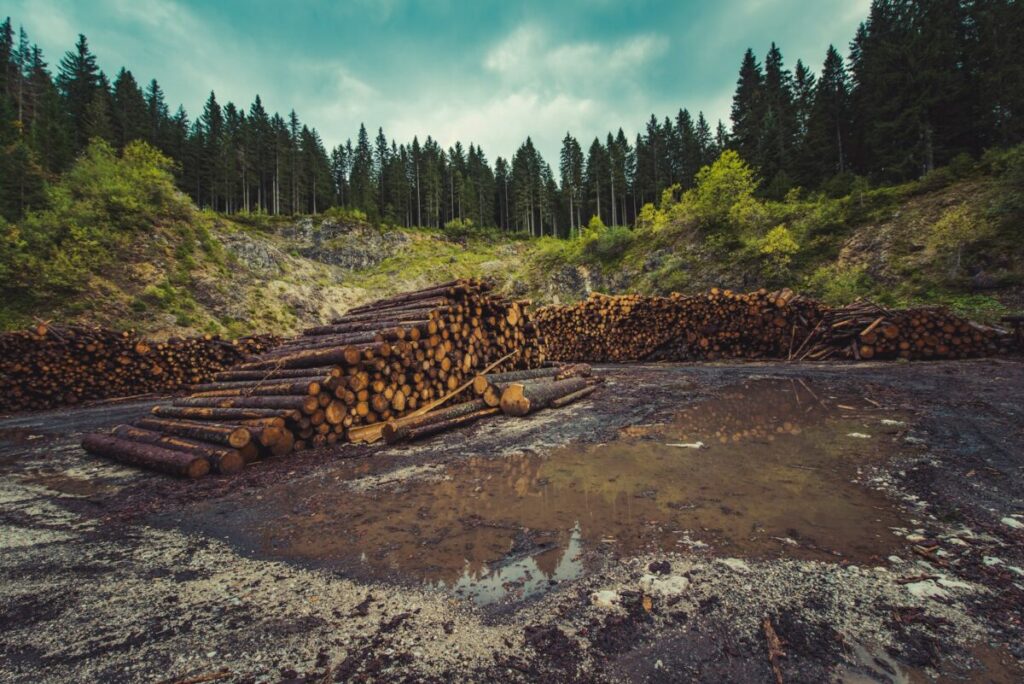
The destruction of natural habitats is another form of betrayal that wildlife faces. As human populations expand and industries grow, natural habitats are being destroyed alarmingly. Deforestation, urbanization, and pollution are just a few examples of human activities encroaching on wildlife habitats. This destruction disrupts ecosystems, displaces species, and threatens their survival. Without their natural habitats, wildlife struggles to find food, shelter, and mates, leading to population decline and even extinction.
Trophy Hunting and Poaching
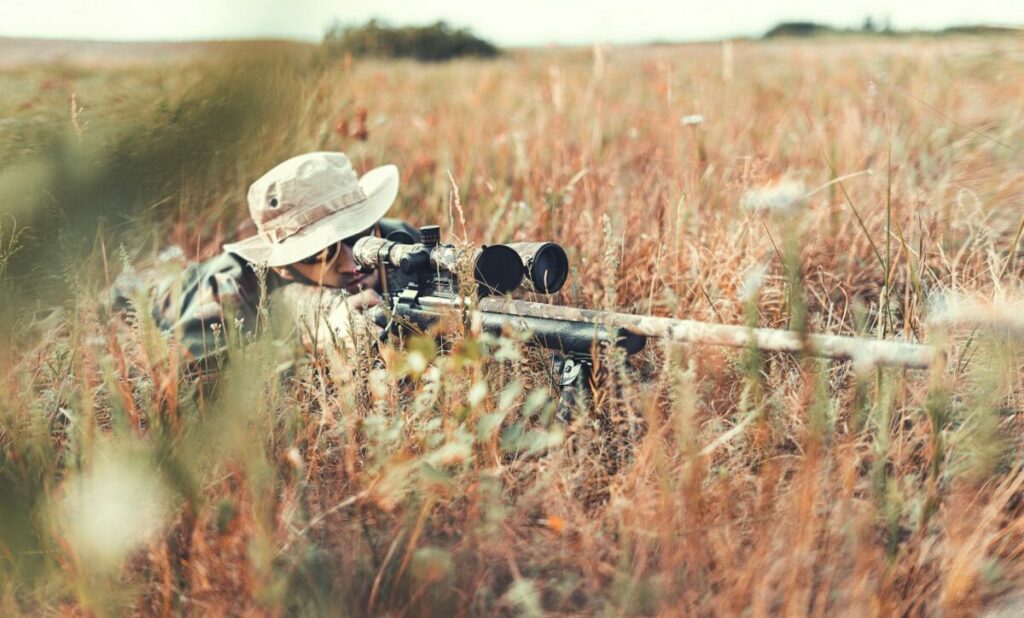
Trophy hunting and poaching are acts of betrayal that target wildlife for personal gain. Trophy hunting involves killing animals for sport or as a display of wealth and power. This practice takes the lives of majestic creatures and disrupts ecosystems by removing key individuals from the population.
Conversely, poaching involves illegally hunting and capturing animals for their valuable parts or products. Whether it’s for ivory, fur, or body parts used in traditional medicine, poaching poses a significant threat to many endangered species.
These examples highlight the various ways in which wildlife is betrayed by human actions. It is crucial for us to recognize the impact we have on the natural world and take steps to protect and conserve our planet’s precious biodiversity. By supporting conservation efforts, advocating for stronger laws and regulations, and promoting sustainable practices, we can work towards a future where wildlife betrayal is no longer a reality.
Consequences of Wildlife Betrayal
Impact on Ecosystems
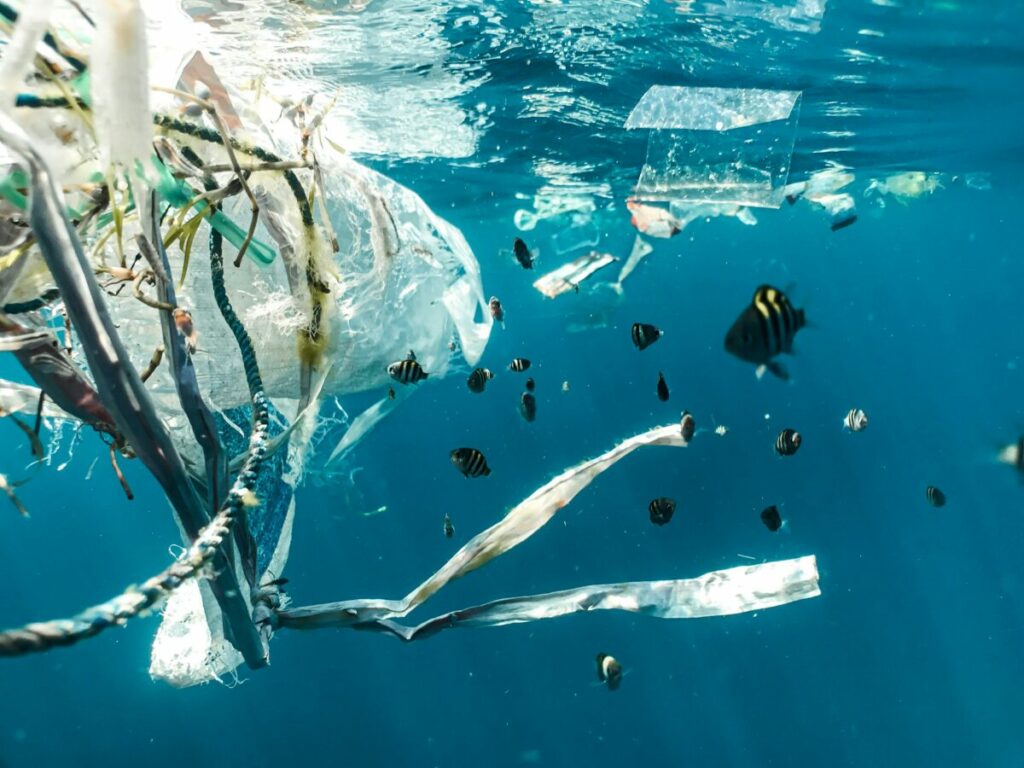
The betrayal of wildlife can have severe consequences for ecosystems. Wildlife plays a crucial role in maintaining the balance and health of ecosystems. When species are betrayed, their populations decline, leading to imbalances in the food chain and disruptions in natural processes. For example, the loss of predators can result in an overpopulation of prey species, which can then lead to overgrazing and habitat degradation. This can have a cascading effect on other species that rely on the same habitat for survival.
Furthermore, many wildlife species contribute to important ecological processes such as pollination and seed dispersal. Betraying these species can disrupt these processes, affecting the reproduction and survival of plants and other organisms in the ecosystem. This can ultimately lead to a decline in biodiversity and the loss of valuable ecosystem services.
Threatened and Endangered Species
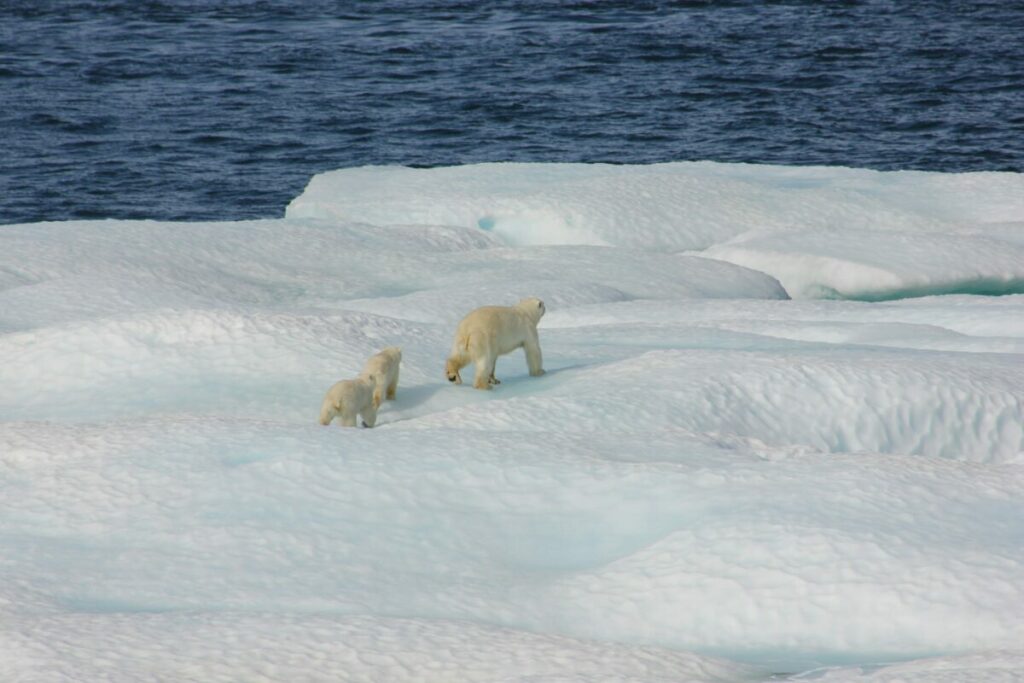
Wildlife betrayal poses a significant threat to endangered and threatened species. These species are already at risk due to factors such as habitat loss, climate change, and poaching. When they are further betrayed through activities such as illegal hunting, habitat destruction, or pollution, their chances of survival become even slimmer.
The loss of endangered and threatened species can have far-reaching consequences. These species often play unique roles in their ecosystems and may have specialized adaptations that contribute to overall ecosystem resilience. Their loss can disrupt the delicate balance of ecosystems and lead to negative impacts on other species and ecological processes.
It is essential to recognize the value of wildlife and take steps to protect and conserve it. This includes supporting conservation efforts, promoting sustainable practices, and raising awareness about the importance of biodiversity. By doing so, we can help prevent further betrayal of wildlife and ensure the long-term health and stability of our ecosystems.
The Role of Activist Groups in Wildlife Conservation
Overview of Activist Groups

When it comes to protecting and preserving wildlife, activist groups play a crucial role. These groups are made up of passionate individuals who are dedicated to raising awareness about the threats faced by various species and advocating for their conservation. Activist groups can range from small local organizations to large international movements, all working towards a common goal – ensuring the survival and well-being of wildlife.
These groups often focus on specific issues or species, such as protecting endangered animals, combating illegal wildlife trade, or preserving habitats. They employ various strategies to achieve their objectives, including lobbying for policy changes, organizing protests and demonstrations, conducting research, and educating the public.
Their Contributions and Challenges
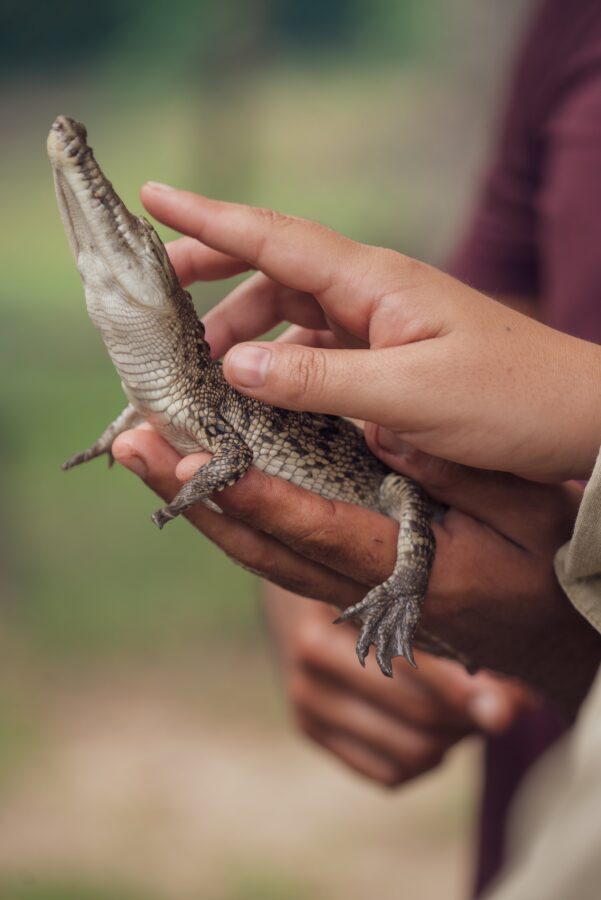
Activist groups make significant contributions to wildlife conservation. By raising public awareness, they help generate support for conservation efforts and put pressure on governments and corporations to take action. They also collaborate with scientists, conservation organizations, and local communities to develop sustainable solutions that benefit both wildlife and people.
However, activist groups also face challenges in their mission to protect wildlife. One major challenge is the lack of resources and funding. Many organizations rely on donations and grants to carry out their work, which can be unpredictable and insufficient. Additionally, they often face resistance from industries that profit from activities harmful to wildlife, such as logging or poaching.
Despite these challenges, activist groups continue to fight for the protection of wildlife. Their passion and dedication have led to significant achievements, such as the establishment of protected areas, the banning of certain harmful practices, and the recovery of endangered species.
In conclusion, activist groups play a vital role in wildlife conservation. Through their efforts, they raise awareness, advocate for change, and collaborate with various stakeholders to ensure a sustainable future for our planet’s diverse species. Supporting these groups and their initiatives is crucial in safeguarding the precious wildlife that enriches our world.
Addressing the Issue: Conservation Efforts
When it comes to protecting wildlife, it is crucial for individuals, communities, and governments to take action. Betraying wildlife by engaging in activities such as poaching, habitat destruction, and illegal trade not only threatens the survival of various species but also disrupts the delicate balance of ecosystems. To address this issue, conservation efforts are being implemented worldwide.
International Conventions and Laws
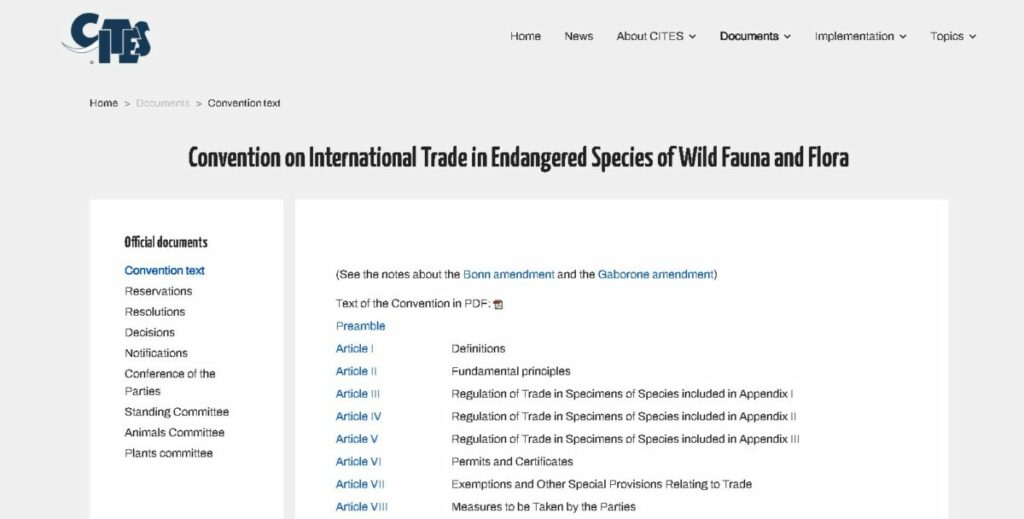
One of the key approaches to combating wildlife betrayal is through international conventions and laws. Organizations like the Convention on International Trade in Endangered Species of Wild Fauna and Flora (CITES) work towards regulating and monitoring the trade of endangered species. These agreements aim to ensure that wildlife is not exploited for commercial purposes and that populations are protected.
Protection of Wildlife Reserves and Sanctuaries
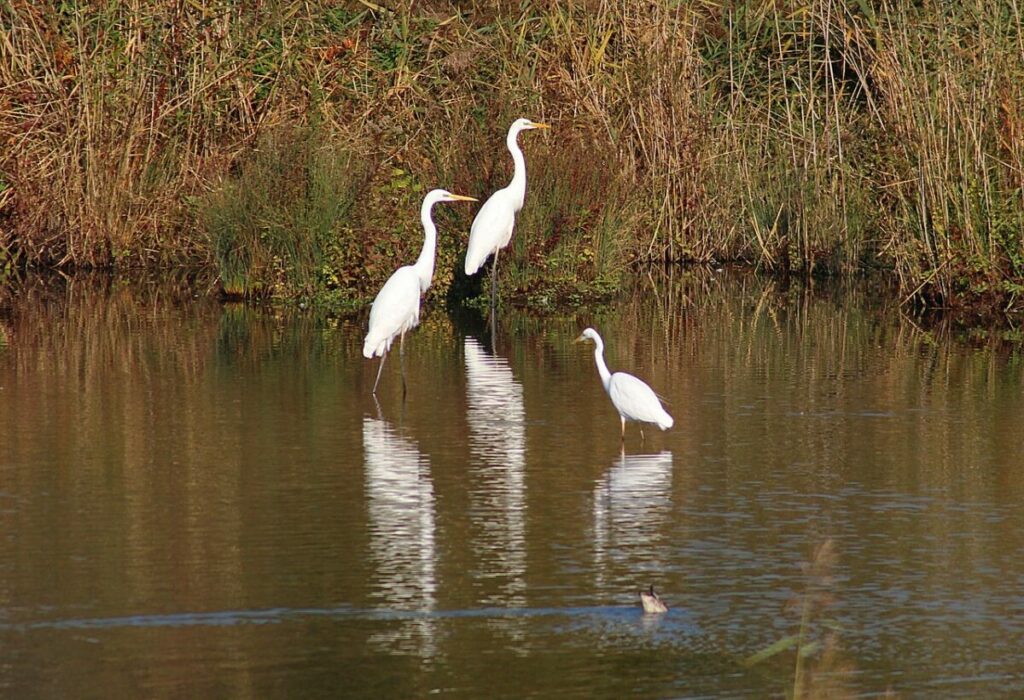
Another important aspect of conservation efforts is the establishment and protection of wildlife reserves and sanctuaries. These areas provide safe havens for endangered species to thrive without human interference. By preserving their natural habitats, these reserves help maintain biodiversity and ensure the long-term survival of wildlife populations.
Education and Awareness Programs
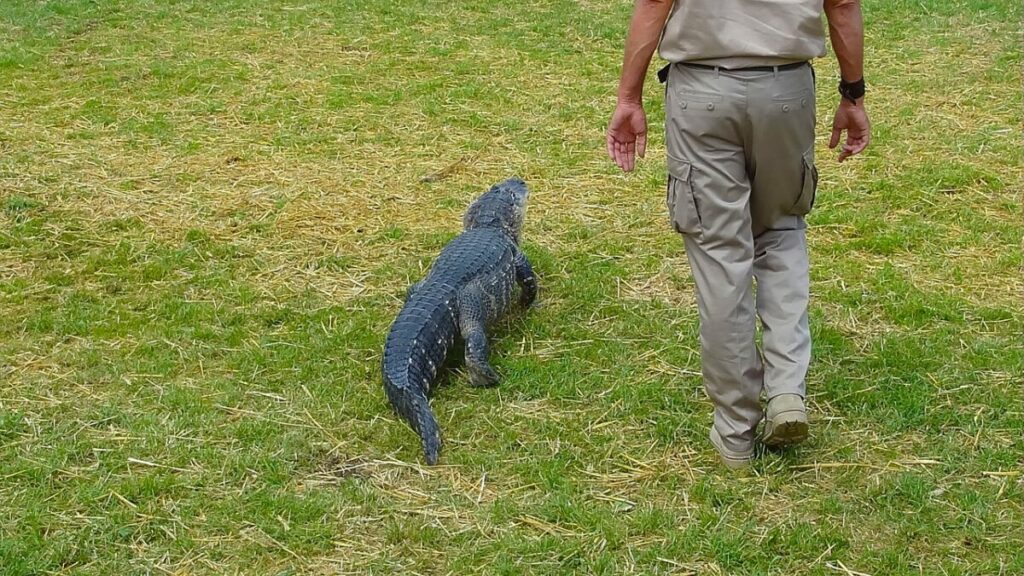
Education and awareness programs play a vital role in preventing wildlife betrayal. By educating communities about the importance of conservation and the negative impacts of activities such as poaching, people can develop a deeper understanding and appreciation for wildlife. These programs also raise awareness about sustainable practices and encourage responsible tourism, ensuring that individuals make informed choices that benefit both wildlife and local communities.
Through a combination of international cooperation, protected areas, and education initiatives, conservation efforts strive to address the issue of betraying wildlife. It is essential for individuals to support these endeavors by advocating for stronger laws, volunteering in conservation projects, and spreading awareness about the importance of preserving our natural heritage.
Ethics and Morality in Wildlife Conservation
Betrayal of Trust: A Moral Perspective
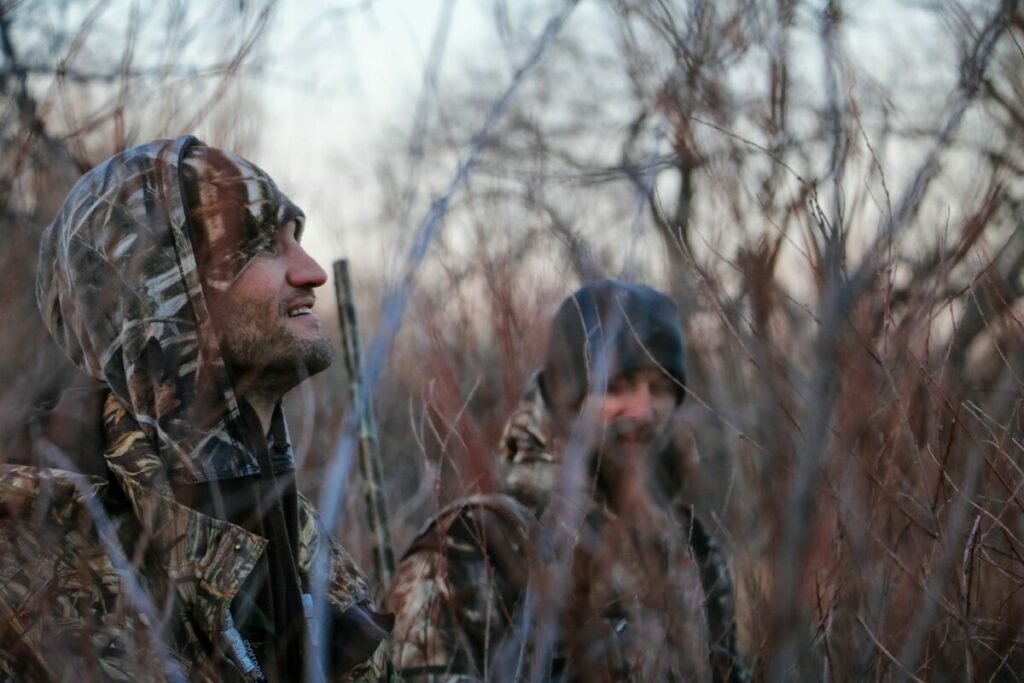
When it comes to wildlife conservation, trust is a fundamental aspect that cannot be overlooked. Betraying the trust of wildlife not only goes against ethical principles but also undermines the very foundation of conservation efforts.
Wildlife trusts humans to protect their habitats, ensure their well-being, and preserve their existence. However, human activities such as habitat destruction, poaching, and illegal wildlife trade have led to a widespread betrayal of this trust. This betrayal not only affects individual animals but also disrupts entire ecosystems and threatens biodiversity.
From a moral perspective, betraying wildlife is a violation of our responsibility as stewards of the Earth. It is our duty to protect and preserve the natural world for future generations. By betraying wildlife, we are failing in this duty and compromising the delicate balance of nature.
Ethical Considerations in Protecting Wildlife
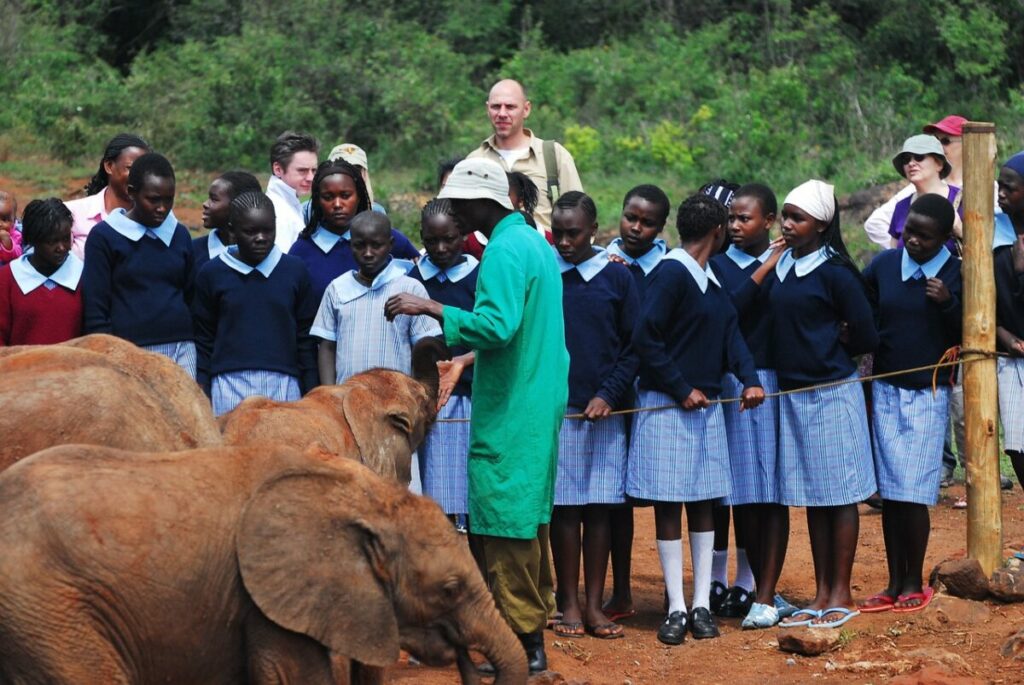
Protecting wildlife requires ethical considerations that guide our actions towards responsible conservation practices. Here are some key ethical principles to bear in mind:
- Respect for Life: Every living being has intrinsic value and deserves respect. It is essential to recognize the rights of wildlife and treat them with dignity.
- Sustainable Practices: Conservation efforts should focus on sustainable practices that ensure the long-term well-being of wildlife populations and their habitats. This includes promoting responsible tourism, sustainable hunting practices, and supporting local communities.
- Collaboration and Education: Effective wildlife conservation requires collaboration between governments, organizations, communities, and individuals. Education plays a crucial role in raising awareness about the importance of protecting wildlife and promoting ethical behavior.
- Preservation of Biodiversity: Protecting wildlife goes hand in hand with preserving biodiversity. Each species has a unique role in maintaining ecosystem balance, and their loss can have far-reaching consequences.
By embracing these ethical considerations, we can work towards a future where wildlife is respected, protected, and allowed to thrive in their natural habitats. It is our moral obligation to ensure that we do not betray the trust of wildlife but instead become their advocates and guardians.
Promoting Responsible Wildlife Conservation
As nature enthusiasts and animal lovers, it is crucial to understand the importance of responsible wildlife conservation. The welfare and survival of countless species depend on our actions and choices. By taking individual responsibility and supporting wildlife organizations and initiatives, we can make a significant impact in protecting our planet’s biodiversity.
Individual Actions and Responsibility
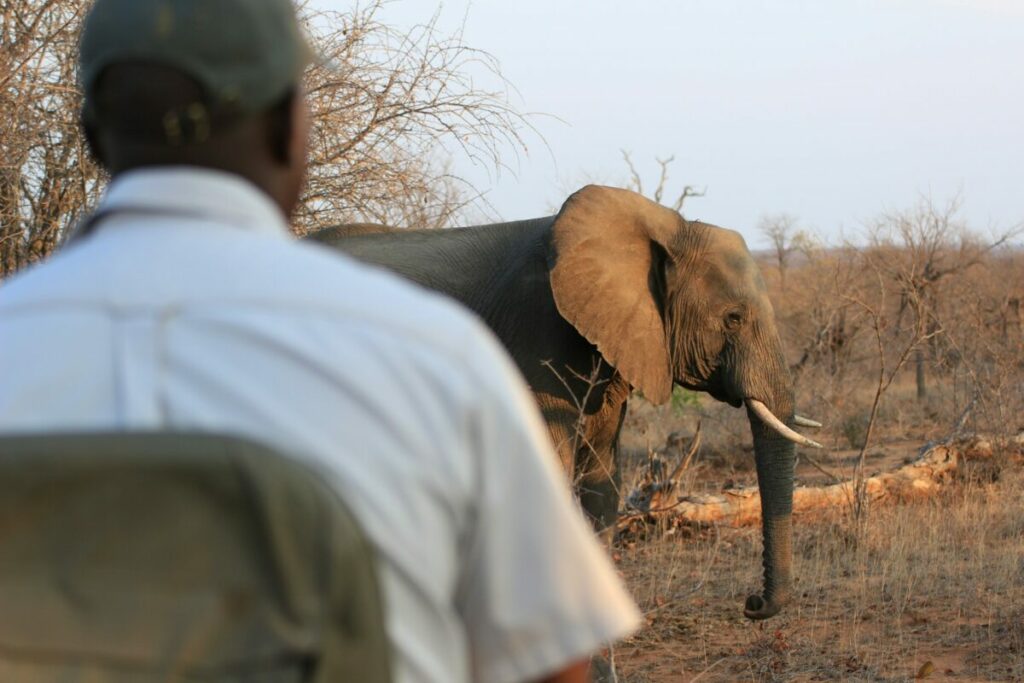
Every individual has the power to make a difference in wildlife conservation. Here are some actions you can take:
- Respect Wildlife: When encountering wildlife, maintain a safe distance and never disturb their natural habitat. Avoid feeding or touching animals, as this can disrupt their behavior and health.
- Reduce Your Ecological Footprint: Adopt sustainable practices in your daily life, such as conserving water, reducing waste, and using eco-friendly products. By minimizing your impact on the environment, you contribute to the preservation of wildlife habitats.
- Support Ethical Tourism: Choose responsible tour operators that prioritize animal welfare and conservation. Avoid activities that exploit or harm wildlife, such as elephant rides or swimming with dolphins.
Support for Wildlife Organizations and Initiatives

By supporting reputable wildlife organizations and initiatives, you contribute to their efforts in protecting endangered species and their habitats. Here are some ways you can show your support:
- Volunteer: Many organizations offer volunteer programs where you can directly contribute to conservation projects. Whether it’s assisting with research, habitat restoration, or animal care, your time and skills can make a difference.
- Donate: Financial contributions help fund critical conservation projects, research, and education programs. Even small donations can have a significant impact when combined with others.
- Spread Awareness: Use your voice and social media platforms to raise awareness about wildlife conservation issues. Share educational content, promote responsible practices, and encourage others to get involved.
Together, through our individual actions and support for wildlife organizations, we can protect and preserve the incredible diversity of life on our planet. Let’s be stewards of nature and ensure a sustainable future for all species.